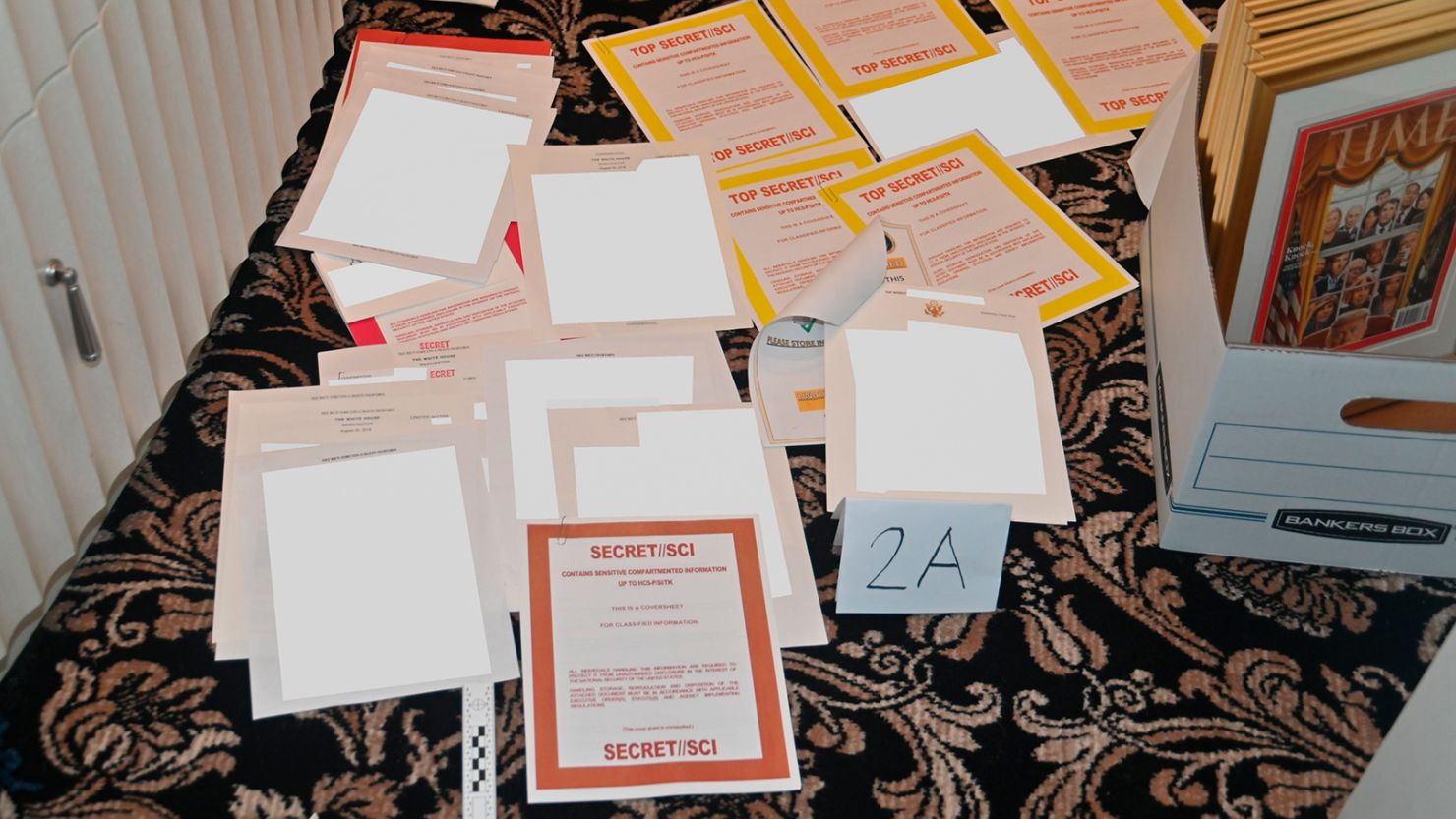A federal judge decided Tuesday that the names of potential witnesses in the classified documents case against Donald Trump will remain secret – resolving one of the issues that has created a logjam in the criminal case.
After months of arguing over what pieces of information in court filings should stay redacted, Judge Aileen Cannon agreed with special counsel Jack Smith’s office that releasing names and other identifying information could put them at risk.
Cannon said the prosecution’s request for redactions was “sweeping in nature as applied to all potential government witnesses without differentiation,” but concluded that Smith’s team had proven that witness details needed to be protected “at least at this juncture.”
The judge’s order will allow more records in the case to become public, and witnesses mentioned in the records will be referred to by pseudonyms, she said. But, Cannon said, witness statements can be used in the public filings — unless those statements would be identifying.
Smith had strongly pushed back on a previous order from Cannon for transparency surrounding the identification of witnesses, pointing to fears of witness harassment.
CNN previously reported that the potential witness list includes a number of low-level workers from Trump’s Mar-a-Lago estate in Florida.
In her order Tuesday, Cannon dinged the special counsel’s office for not raising all of their concerns about releasing witness names in the first-go-around of legal arguments about redactions in this case.
“Although the record is clear that the Special Counsel could have, and should have, raised its current arguments previously, the Court elects, upon a full review of those newly raised arguments, to reconsider its prior Order,” she wrote.
Trump’s lawyers had argued they should be able to name potential witnesses, as is typical in criminal cases.
Trump and his two co-defendants have pleaded not guilty to obstruction, and the former president has pleaded not guilty to crimes related to his alleged mishandling of classified and sensitive government information. The case is being heard before Cannon’s court in Fort Pierce, Florida.
